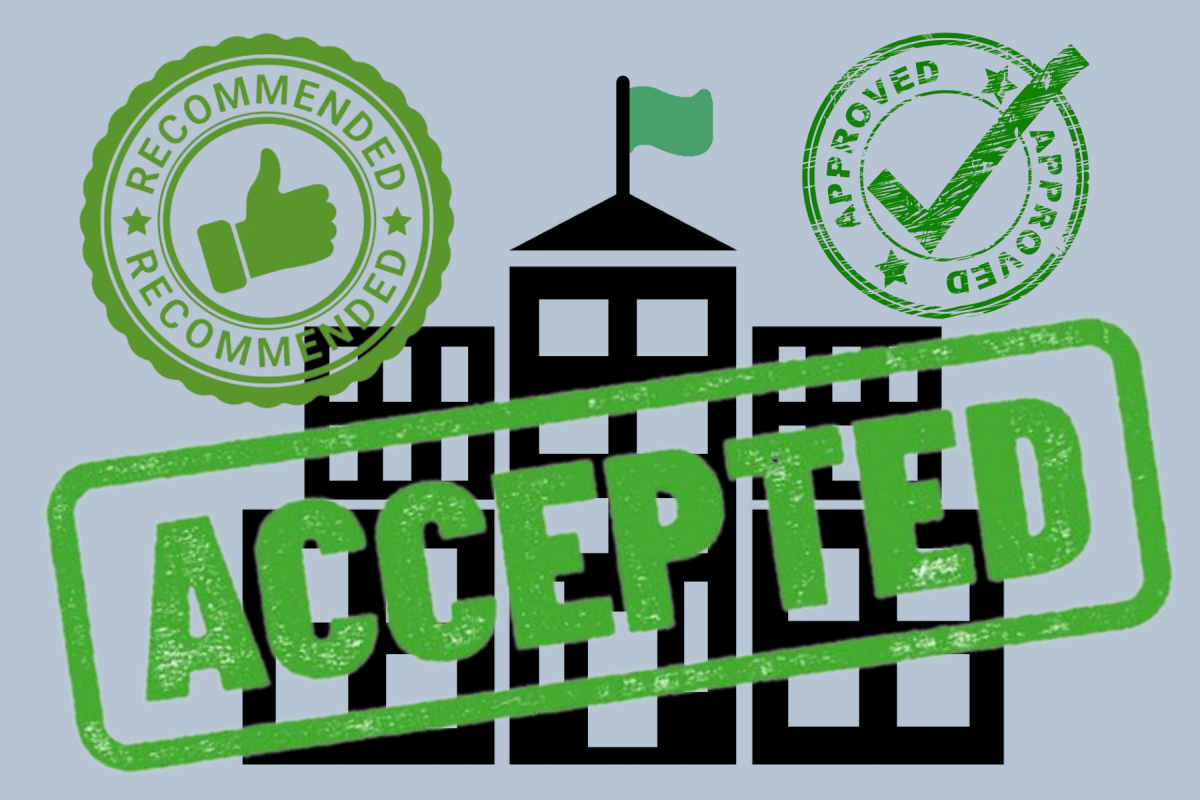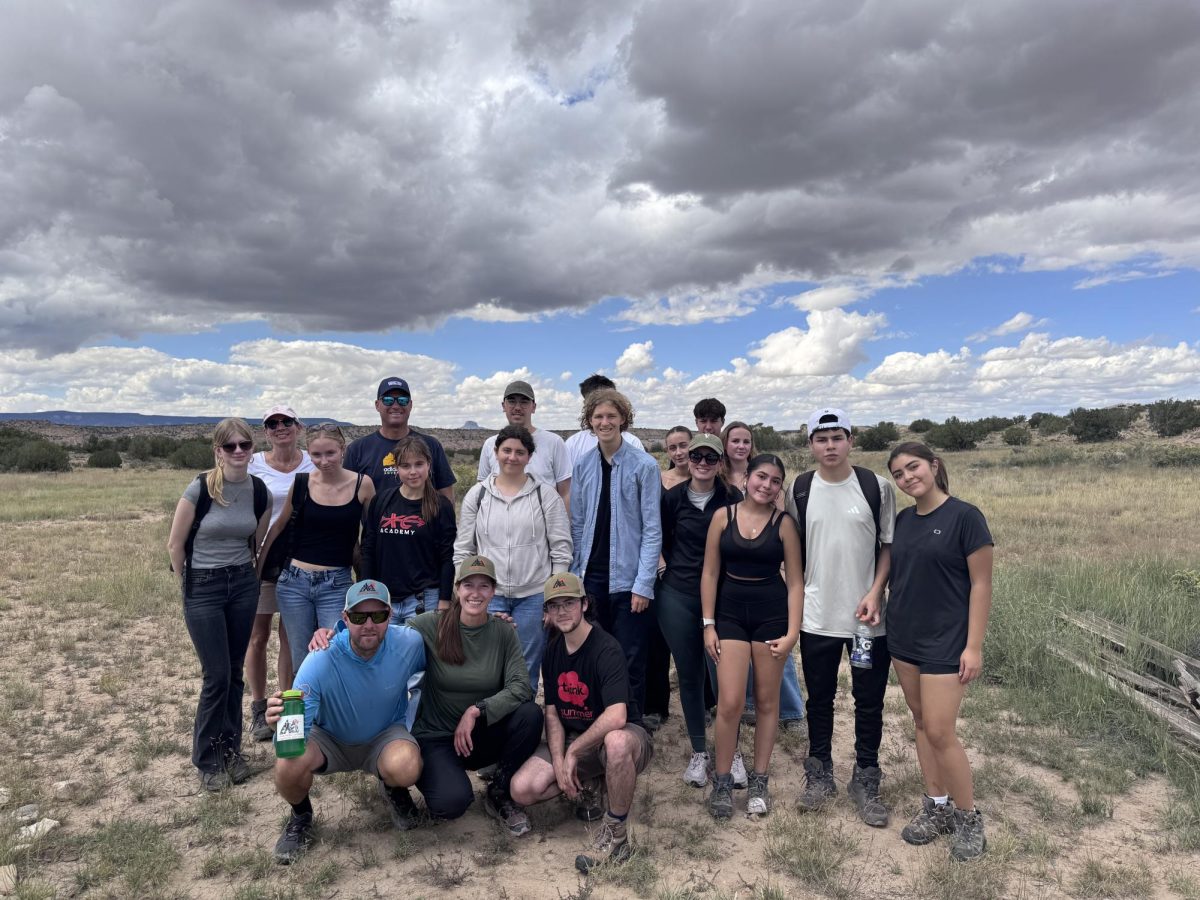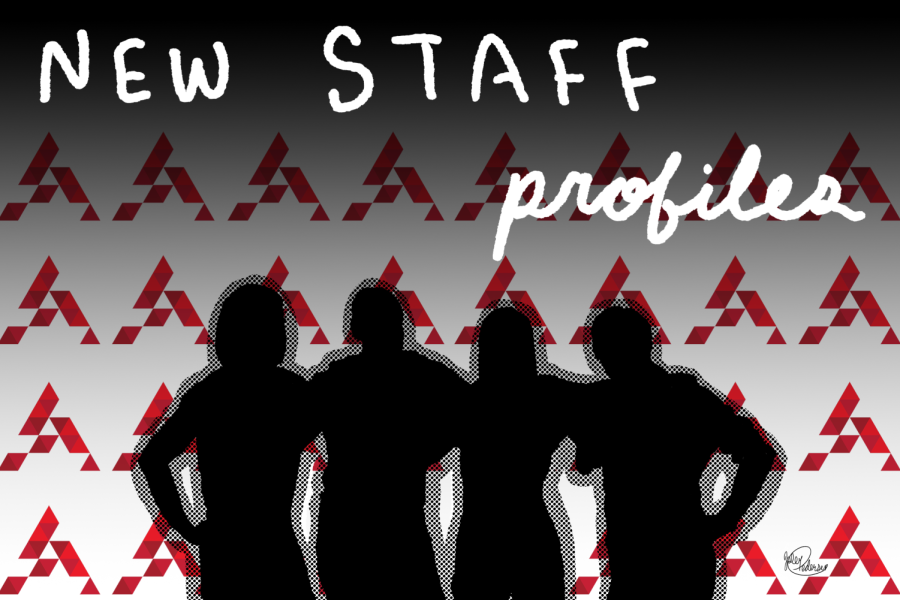What’s the first thing that comes to mind when you hear the word “acorn”? If it isn’t an image of that damn squirrel from the “Ice Age” franchise and his acorn, I suggest that you stop reading, deeply consider your existence in the universe, watch all five “Ice Age” movies, and then resume this article.
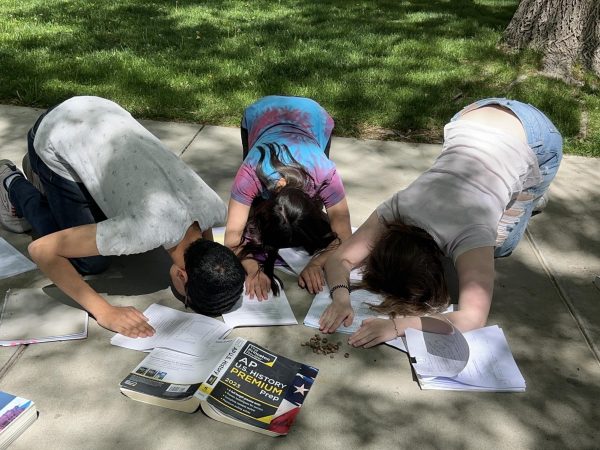
As much as I love Scrat—the acorn-obsessed saber-toothed squirrel that I referenced above—and his acorn, I am not here to provide a thorough character analysis of the squirrel (I’ll let the English teachers find a way to bore you with that). I’m here to give a report on a different acorn—one that has instilled happiness and joy into nearly every high school student’s soul: Bollege Coard’s acorn.
For those of you who don’t know, Bollege Coard is a nationally recognized and certified 501(3)(c) nonprofit organization. However, some of you inquisitive intellectuals may question the legitimacy of Bollege Coard’s nonprofit title and mistake the organization for a monopoly. I urge you to deeply ponder the term “monopoly.” Merriam-Webster defines a monopoly as “a board game that fabricates family feuds” and “any organization with total control over college admissions.” First, Bollege Coard is not a board game (duh). Second, while your SAT score plays a significant role in college admissions, it is not the single determining factor of your admission decision (the other factor is based on whether or not your family donated a building to the university you’re applying to). The word “significant” holds a different meaning from the word “total.” Hence, by the rules of Aristotelian logic, we can conclude that Bollege Coard is a genuine nonprofit organization. Get wrecked, nerds. Besides, I’m sure American capitalist Mike Oxmall—the CEO of Bollege Coard—is doing all that he can to responsibly manage his $3 million salary and the nonprofit’s $1.1 billion revenue.
Bollege Coard is well-known for its Advanced Placement (AP) program which generously grants students the opportunity to boost their egos by allowing them to brag about the number of AP courses they’re taking (the more, the merrier!). Each October, students are asked to sign up for the end-of-year AP Exam, a continuous 40-hour test that covers everything on the course syllabus, including what font size it was written in. Since these exams are notorious for their ability to accurately predict a student’s capabilities in college and are the only measure of whether or not a student will succeed in life, 866% of students enrolled in AP classes signed up to take their respective exams in hopes of getting a glimpse into their college futures.
I should clarify that “signing up” for an exam refers to the act of paying the $100,000 fee to take a single AP exam. Unfortunately, most students are unable to afford this extremely reasonable fee. Since Bollege Coard cares so deeply about the well-being of students, the organization recently developed an aid program to help increase the accessibility of AP Exams: DOOKIEE.
DOOKIEE, otherwise known as Donating Organic & Original Kidneys: Indemnifying Exam Expenses, is a program that allows students to sign up for an AP Exam (and ultimately earn college credit) in exchange for a kidney. Along with the rest of your confidential personal identification information, Bollege Coard will sell your organs on the black market where higher education institutions are free to purchase whatever they desire. If you’re feeling a bit apprehensive about the program, don’t be. Rest assured that the organ harvesting procedure is perfectly illegal and performed in the extremely sterile conditions of Bollege Coard’s rat-infested basement. The operation also has an average mortality rate of approximately 95%! The average AP student is only capable of scoring around 43% on an exam, so I think we should all take a moment to applaud DOOKIEE’s success in raising percentages. It’s the numbers that matter.
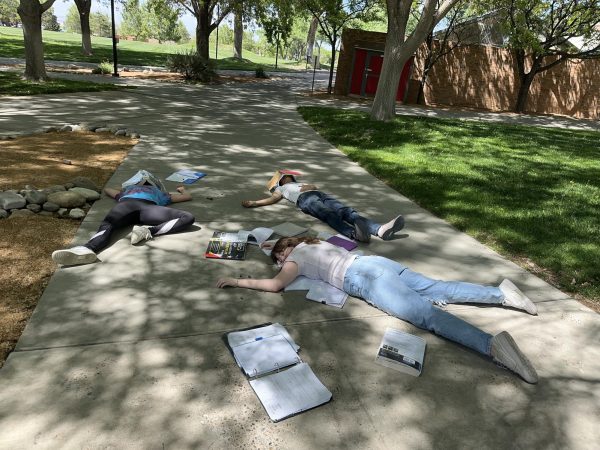
May 6th marked the beginning of the highly-anticipated, two-week 2024 AP Exam period. This year, however, brings some notable changes to the testing environment. Bollege Coard recommends that all test-takers bring a set of earplugs to help drown the loud sounds of dialysis machines operating in testing rooms. Additionally, the AP Terms & Conditions have been modified such that any student who experiences kidney failure and fails to maintain a tangible pulse before, during, and after an exam will receive a sympathetic score of 0.
To anyone partaking in AP Exam week, I wish you and your remaining kidneys—if you even have any—good luck. And may the curve be ever in your favor.


